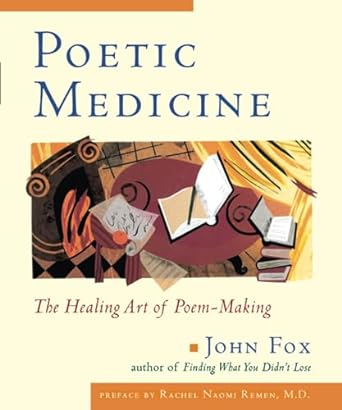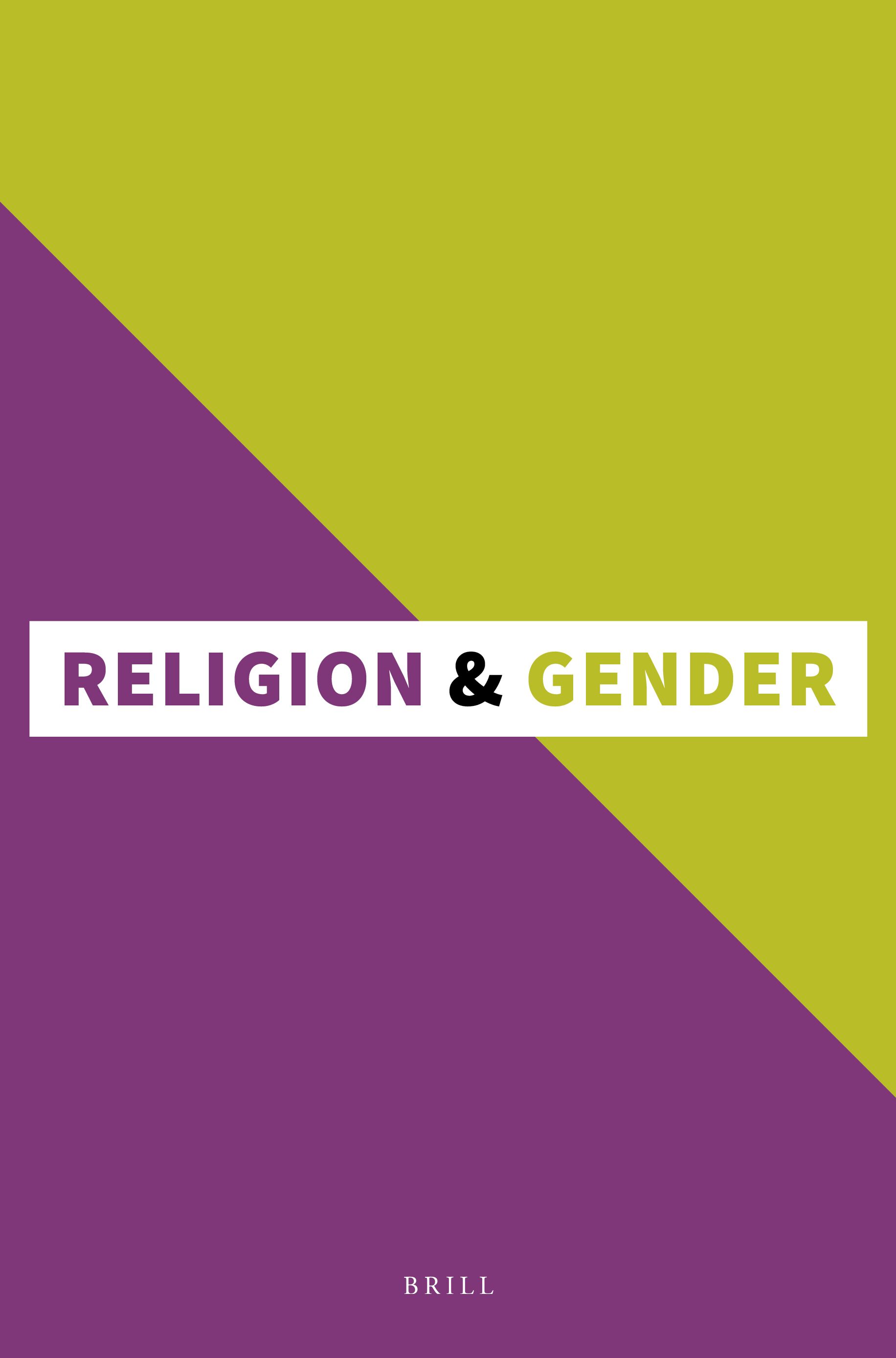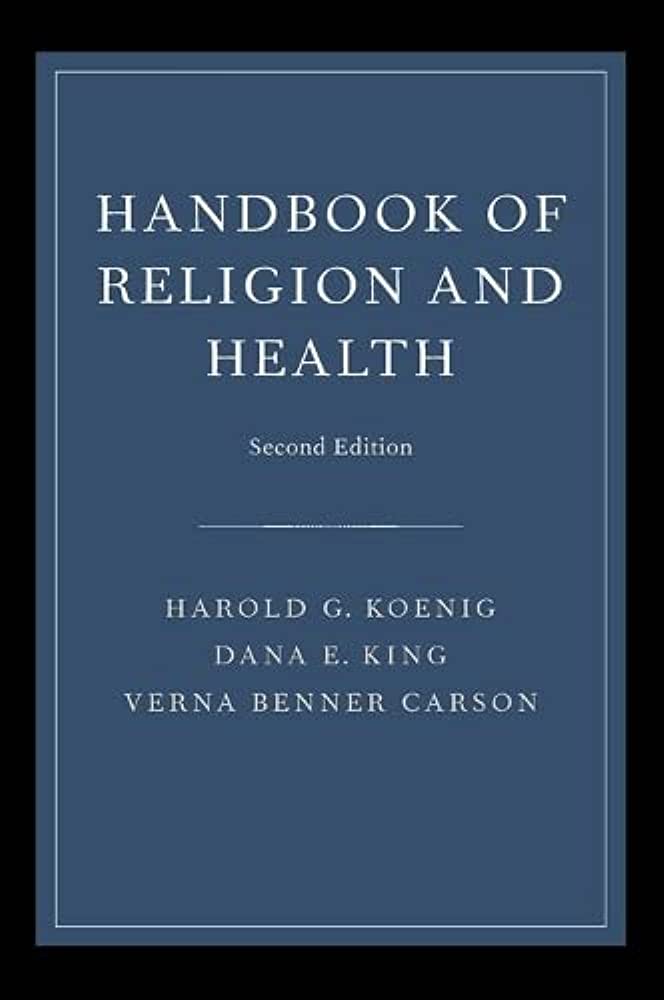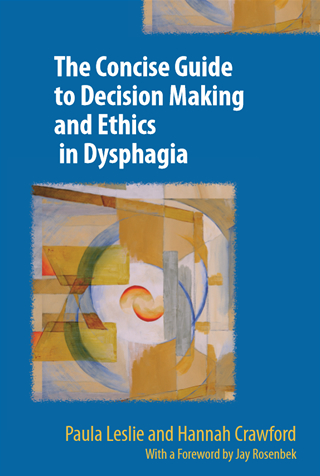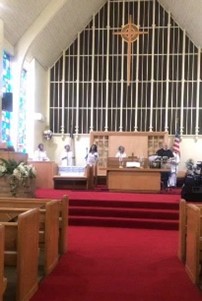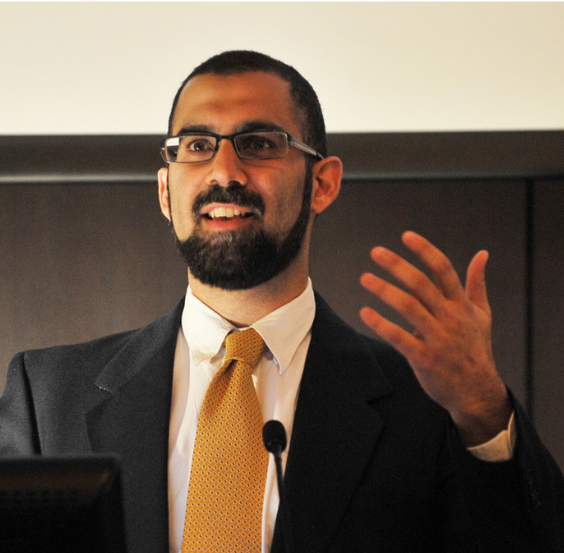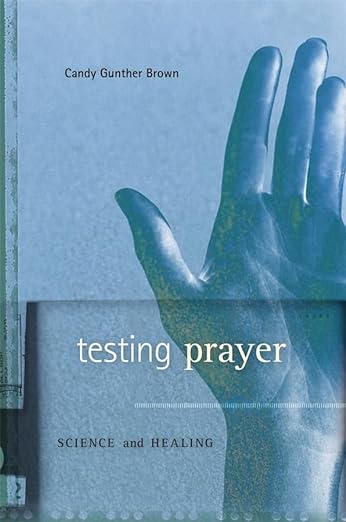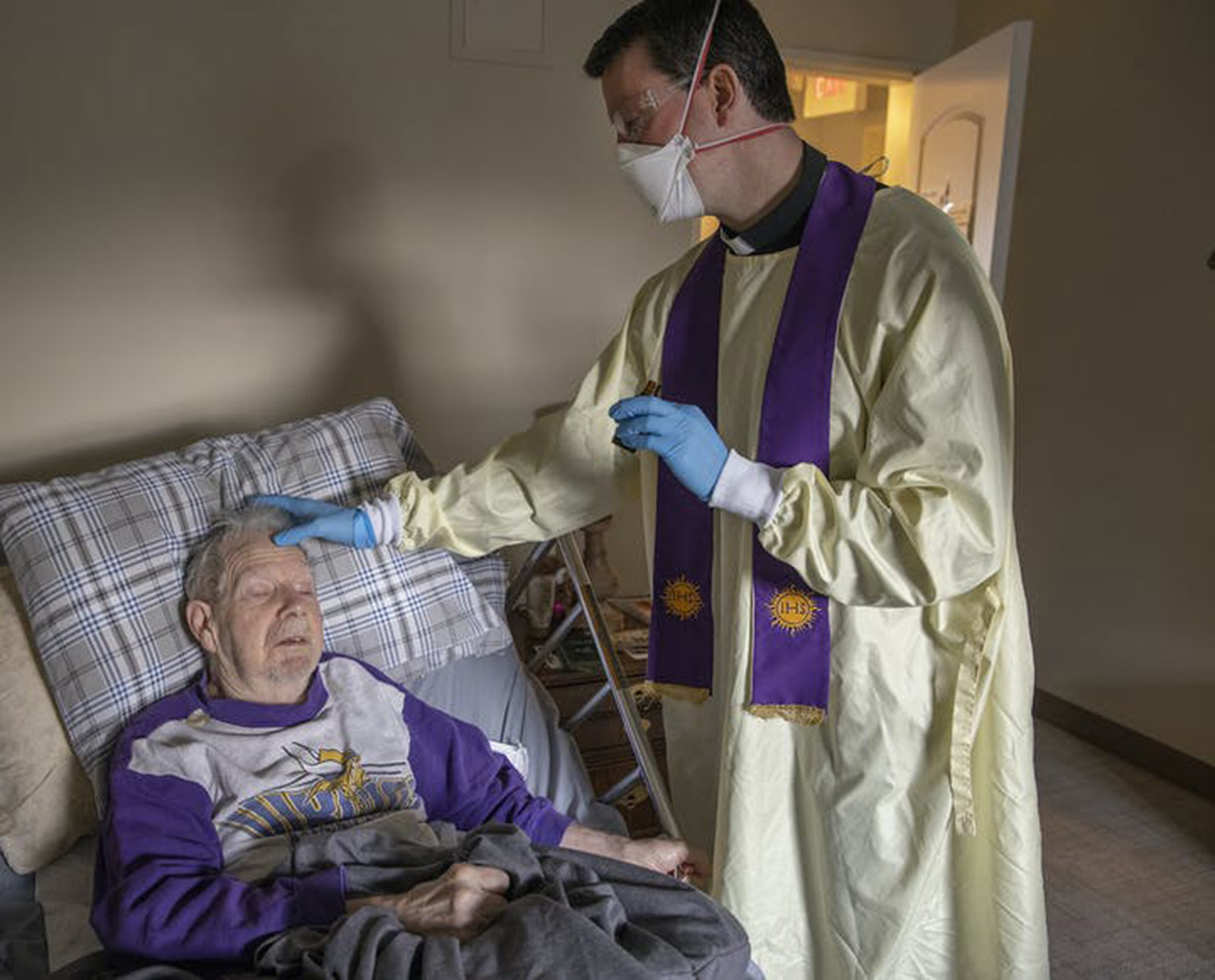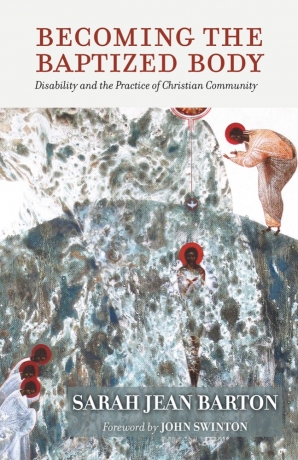|
January 10, 2023 |
On Eastern Orthodox Conceptions of a Good Death and End-of-life Care Abstract: It is commonly held that Orthodox Christian ethics and Christian ethics more broadly is the application of a Christian moral system to novel problems engaged by science and technology. However, nothing could be more wrong. Orthodox Christian ethics and Orthodox Christian bioethics is not the application of a moral precepts, principles, or system. In fact, Orthodox Christian moral theology is little more than a practical pastoral theology, ordered to spiritual growth of all involved. Thus, it is possible to die faithfully by being aggressive with medical care or by turning down medical intervention. We will explore the Orthodox pastoral theological approach. (Continuing medical education credit will be available.) Image by Lisa Parker |
|
February 7, 2023
|
Settling into Poetry's Sacred Space Abstract: This interactive, narrative medicine presentation will create a space to pause, process, and ponder. Dr. Lahti will share a couple of contemporary poems that highlight experiences as physicians, patients, and caregivers. Through these examples, she will explore the worries and setbacks, the hopes and triumphs, that those roles have in common, as well as those unique to their different perspectives. Discussion prompts sparked by these poems will encourage attendees to consider the identities and beliefs that frame their own viewpoint and to consider how poetry may be used in different healthcare settings. (Continuing medical education credit will be available.) Image: Book cover of Poetic Medicine by John Fox |
|
March 14, 2023
|
Reading the Bible as a Religious History of Medicine Abstract: This talk will discuss how, in the early modern era, Protestant reformers read the Bible as narrating a religious or sacred history of medicine. It will primarily focus on the founder of the Protestant Reformation, Martin Luther, with particular attention to his interpretation of what he saw as a biblical history of women's health. (Continuing medical education credit will be available.) Image: Cover of the first peer-reviewed journal for the study of gender and religion in an interdisciplinary perspective |
|
April 4, 2023
|
Empirical Research on the Intersection of Religion and Health Abstract: Dr. Koenig will review the empirical research on the topic of religion and mental, social, behavioral, and physical health, and will discuss a theoretical causal model that may help to explain these relationships. He will also briefly discuss sensible clinical applications of these research findings in terms of taking a spiritual history and ensuring that patients’ spiritual needs are addressed. (Continuing medical education credit will be available.) Image: Cover of Handbook of Religion and Health, co-authored by the speaker |
|
May 2, 2023
|
Transference of Grace and the Unassuming Swallow Abstract: Eating, drinking, and swallowing are humble activities rarely thought about until something goes wrong. These actions are central to identity and cultural participation including spirituality and religious preferences. Clinically, people tend to focus on the physical and lose sight of other significant perspectives. The telos (purpose) of eating is much more than the techne (doing) of medically framed nutrition. Dr. Leslie will explore the interplay of eating, drinking, swallowing, with religious beliefs and practices, and how this might play out in conditions such as dementia. Image: Cover of The Concise Guide to Decision Making and Ethics in Dysphagia, co-authored by the speaker |
|
June 6, 2023
|
Bridging the Gap: A Church-based Initiative for Training Black Lay Ministers as Hospice Ambassadors Abstract: Dr. Yu will discuss the inequities existing in access to and quality of hospice and palliative care services, especially among Black Americans. He will then discuss a project involving Pitt’s Section of Hospice and Palliative Care, UPMC Family Hospice, the Palliative Research Center (PaRC), and Destiny of Faith Church to develop an educational curriculum aiming to train Black lay ministers as community hospice ambassadors. He will discuss how human-centered design techniques were used to collaboratively develop the training program with church leadership and ensure this program addressed their needs and desires. Image: Sanctuary in Destiny of Faith Church on Pittsburgh’s Northside |
|
September 14, 2023
|
Muslim Experiences as a Critical Lens in the “Problem” of Religion in Medicine Image of speaker taken by Initiative on Islam & Medicine |
|
October 3, 2023
|
Empirical Research on Prayer for Healing and Joshua W. Brown, PhD Abstract: This talk will explain the importance of empirical research on prayer for healing. It will provide empirical data on the prevalence of prayer for healing and identify empirical questions and policy stakes. The talk will next analyze clinical trials and case reports investigating claims of healing through prayer and point to resources for further study. Image: Cover of Testing Prayer: Science and Healing, authored by the speaker |
|
November 7, 2023
|
The Role of the Chaplain in a Healthcare Setting Abstract: Exploring the role of the chaplain in the hospital setting, this talk will examine the integration of spiritual care into the delivery of healthcare in an institutional setting and answer the basic, but often misunderstood question, “What does a chaplain really do?” It will also explain the training and educational requirements of chaplains and how health care providers can better utilize their services. Image by Elizabeth Flores of Star Tribune |
|
December 5, 2023
|
Attending to Disability: Honoring the Religious Lives and Practices of People with Intellectual Disabilities Abstract: This talk explores both theological and clinical perspectives on the religious lives and practices of people with intellectual disabilities. Engaging with participatory research that centers perspectives from adults with intellectual disabilities, it will consider the importance of attending to the intersections of disability and religious identity in scholarship and clinical practice. Presentation slides Image: Cover of Becoming the Baptized Body: Disability and the Practice of Christian Community, authored by the speaker |

